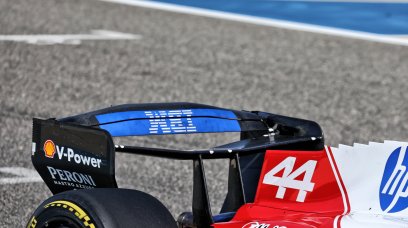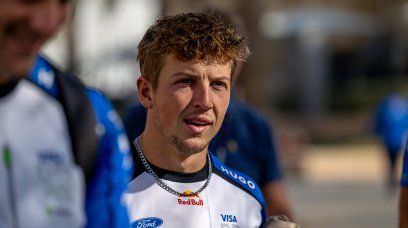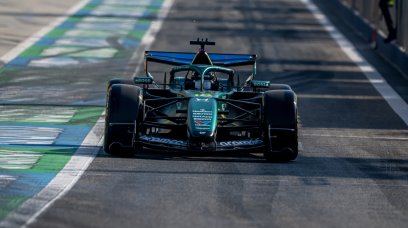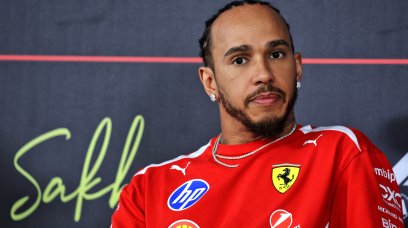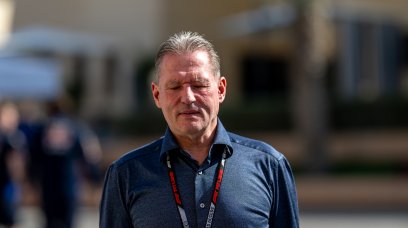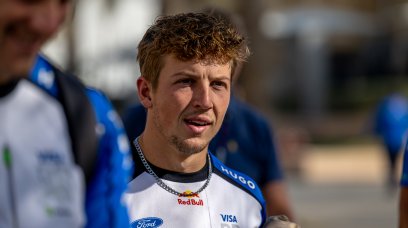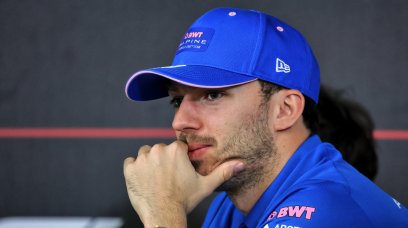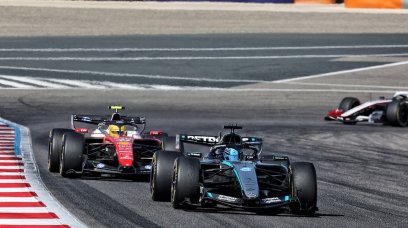Audi announced three years ago that it was going to participate in the Dakar Rally, with the project immediately drawing attention because the German marque was going to do so with a revolutionary electric concept. The Audi RS Q e-tron is fully electrically powered and features a combustion engine with an energy converter, which charges the electric battery along the way. To increase the chances of victory, top drivers Stephane Peterhansel, Carlos Sainz Sr. and Mathias Ekstrom have been recruited. So far, Audi might have expected a bit more from the three-year project, which expires after 2024. The car is lightning-fast, but reliability sometimes leaves something to be desired. Last year, Peterhansel and Sainz crashed hard, while Ekstrom did not finish further than 14th overall. It did, however, record two stage victories. So what to make of the Audi project? RacingNews365 caught up with 14-time Dakar winner Peterhansel, who explains in detail just how the project appealed to him. "First of all, it was a big question mark for me whether it was possible to drive an electric vehicle in the desert," he says. "When we started talking to Audi, I said: 'Okay, if there's a brand that can pull this off, it's Audi.' They have a lot of knowledge and experience in motorsport and with hybrids. "It was a great opportunity for me to discover a new world and work with the best company in the world. There was no hesitation in joining the team and it was very interesting."
"We were disturbed by the noise of the car."
Peterhansel has gained a lot of technical experience over the years, competing no less than 35 times in the Dakar, but the Audi car was still something new. "I learned a lot, but not enough. For normal people, I am not an engineer or mechanic, it is so complex. "My navigator Edouard Boulanger understands it a little better than I do, because he is an engineer. But we also had to learn to drive another car. For example, you don't have a gearbox. That was not that complicated, but it was necessary to learn a car like this." However, it didn't take Peterhansel that long to master it, although the electric Audi did have one annoying side effect. "In terms of driving, it is not so difficult because you have no gearbox and a very good engine. "We were only disturbed by the noise of the car. But it took two to three days to drive fast and honestly, it was perfect from then on. You learn fast." Peterhansel reveals why he had to get used to the noise. "That was one of the complicated things, the noise of the atomic energy. We charge the battery with the energy converter and when we drive a stage, the engine keeps running all the time. "That means, for example, the engine turns five to six thousand rpm when you brake, whereas in a normal car the engine also stops for a moment when you want to bring the car to a stop. "Because of the high RPM, this car makes a lot of noise during braking, which is not normal. We got a little confused by the noise. But in terms of steering and braking, the car is very simple to drive."
Peterhansel thinks few teams will adopt the concept
The 58-year-old Frenchman is not sure if this machine is going to have much impact in the Dakar Rally and rallying. "It's hard to say whether this is going to be the future of competition. Audi has put something incredible in place because five years ago it was not in the line of thought that an electric car would run such a race, especially since we are operating under the same regulations as other cars. "It's not like we refuel or recharge more. We drive to the next bivouac and that's sometimes several hundred kilometres without a pit stop, nothing at all. That's incredible. "Audi also flew the design of the car differently. "It's not just about the technology of the electric motor. The car represents the new generation and is already performing well in rallying. The concept they chose at the beginning proved to be right. From the first Dakar Rally, we knew we could drive long stages and we maintained the performance until the end of the year." "The problem is that it is so complex. For a smaller team, it is very difficult and expensive to develop such a car. "We have spent a lot of money and energy and at the moment it is not giving the expected return. In the end, I like the technical solutions of the car. We may have to look for weight solutions to make the car lighter. But the concept is incredible and works well."
Most read
